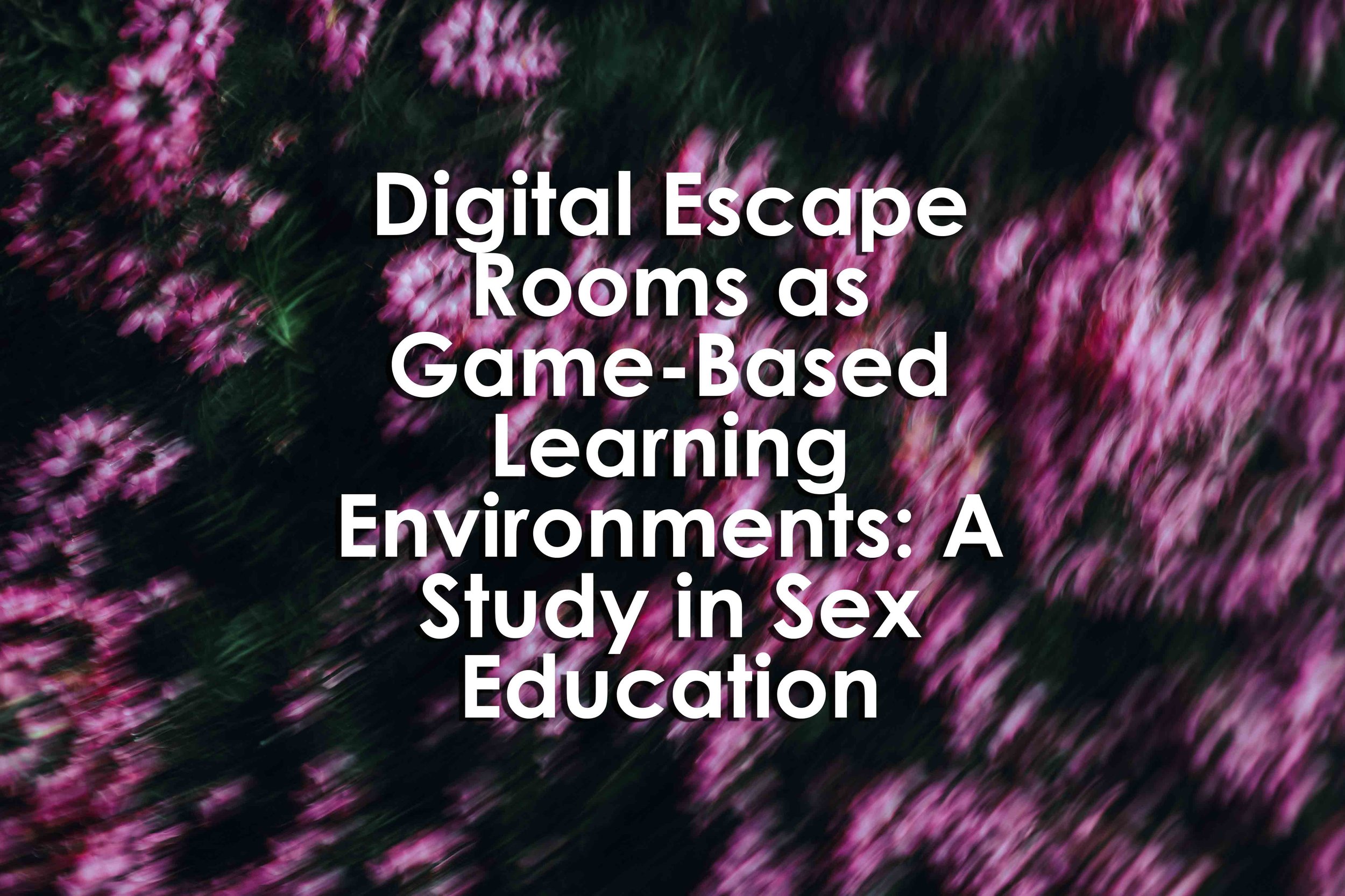Digital Escape Rooms as Game-Based Learning Environments: A Study in Sex Education
Digital Escape Rooms as Game-Based Learning Environments: A Study in Sex Education
Digital Escape Rooms as Game-Based Learning Environments: A Study in Sex Education
By Lena von Kotzebue,Joerg Zumbach, andAnna Brandlmayr
Abstract
“Game-based learning is becoming increasingly popular in education. The playful experience especially promises a high degree of students’ motivation. In this research, we examine the influence of sequential scaffolding within a digital educational escape room game. Escape rooms are usually games where players have to escape from a room within a given time limit by completing different tasks and quests. Therefore, we developed an educational virtual escape room for biology classes, focusing on the topic of sex education. In an experiment, we modified this learning environment and developed two different conditions: in one escape room, scaffolding was implemented using sequential learning aids; in the other escape room, which was assigned to the control group, no additional learner support was provided. The main objective of this quantitative research is to measure the escape room’s impact on learning and cognitive load. In addition, motivation, flow experience and experience of immersion are analyzed. A comparison between the two escape rooms shows that additional scaffolding does not significantly increase cognitive load or have any effect on learning. Results show that motivation and knowledge acquisition can be successfully supported by using game-based learning with escape rooms.”
Reference
Von Kotzebue, L., Zumbach, J., &; Brandlmayr, A. (2022). Digital escape rooms as game-based learning environments: A study in sex education. Multimodal Technologies and Interaction, 6(2), 8. doi:10.3390/mti6020008 https://www.mdpi.com/2414-4088/6/2/8
Keywords
Game-based learning, escape rooms, motivation, learning, research

